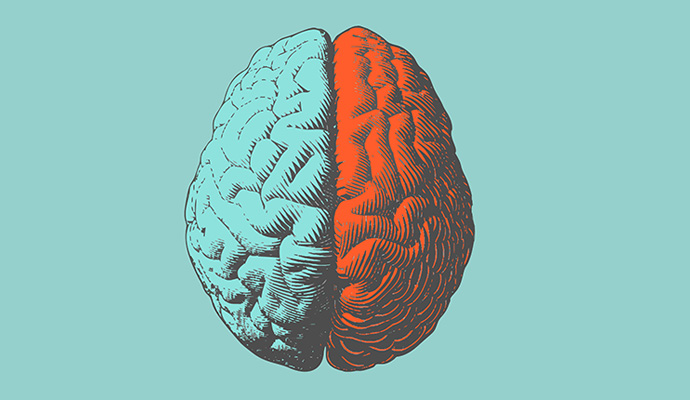AI-Generated ‘Maps’ May Help Improve Mental Well-being
Researchers have developed an artificial intelligence model that generates 'personalized maps' to guide individuals toward improved mental well-being.

Source: Getty Images
- Researchers from Massachusetts General Hospital (MGH) have developed an artificial intelligence (AI) model that utilizes deep learning to estimate individuals’ psychological age, future well-being, and risk of depression, which are then used to create 'maps' designed to guide them toward improved mental well-being.
According to the study, longevity research shows that psychological well-being is strongly linked to physical health, positive health behaviors, optimism, and lower risk of premature death. Thus, researchers have been exploring psychological well-being and attempting to create frameworks that could help individuals improve their long-term life satisfaction.
The rise of AI use in healthcare has also led researchers to utilize it to develop these frameworks. In this study, the researchers developed a model based on deep learning, a type of machine learning that uses layered algorithmic architectures to analyze data. The model used inputs from a psychological questionnaire to estimate an individual's psychological age, or how old one feels, acts, and behaves, along with future well-being and risk of depression.
To develop these estimates, the researchers relied on the Midlife in the United States (MIDUS) dataset, which contains over 4,000 subjects with known psychological profiles at two time points: MIDUS1 collected between 1995 and 1996 and MIDUS2 collected from 2004 to 2006. These data also include well-being profiles created using the Ryff scale, a widely used measurement that categorizes autonomy, environmental mastery, personal growth, positive relations, purpose in life, and self-acceptance as the six dimensions of psychological well-being.
Researchers evaluated the MIDUS dataset to determine which features were associated with future well-being. They extracted 32 relevant variables and used them to train the AI’s psychological age and well-being predictors.
For each individual, these predictions were taken and translated into what the researchers called “self-organizing maps.” The maps used the initial assessment of the individual’s level of well-being and propensity for depression to present regions associated with 'mountains' and 'pits' related to high and low well-being levels.
These highs and lows can then be used to help direct cognitive behavioral therapy and other mental health interventions, providing a personalized path to improved psychological well-being, which can be followed and tracked during therapy sessions. Alternatively, the tool can be used as a standalone self-help consumer app.
The researchers also identified the most depression-prone psychological configurations on the self-organizing maps, which they used to develop an algorithm to help individuals move away from potentially dangerous mental states.
“The deep learning model demonstrates that one’s baseline well-being is not the determining factor of future well-being, as posited by what’s known as the hedonic treadmill theory — which posits that people are doomed to quickly return to a relatively stable level of happiness despite major positive or negative events or life changes,” stated study co-author Nancy Etcoff, PhD, director of MGH’s Program in Aesthetics and Well-being, in the press release. “In this work, we highlight aging-related trends in well-being and have brought forward a dynamic model of human psychology that allows maximizing one’s future level of happiness.”
